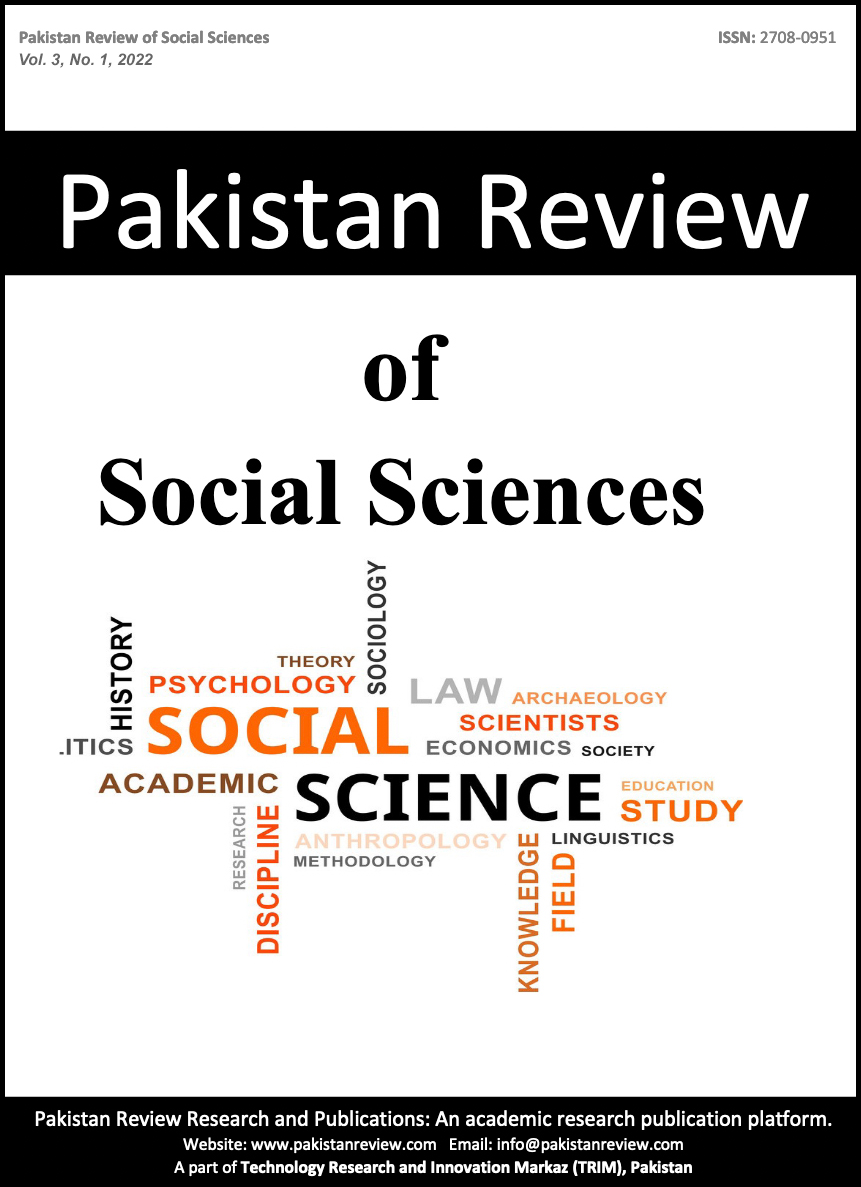Language Teaching Methods: Comparison Contrast Between Audio-lingual & Direct Methods
Language Teaching Methods: Comparison Contrast Between Audio-lingual & Direct Methods
Keywords:
Method, teaching, learning, audio-lingual, direct, native language, target language.Abstract
The purpose of this article is to find out differences and similarities between audio-lingual and direct methods. The audio-lingual method is fundamentally a development of direct methods which is considered to have weaknesses, especially in enlightening things that are difficult for students to understand. For this reason, moreover highlighting language teaching through listening. This method is usually applied more in the form of a drill pattern. A Direct method deals with listening and speaking, reading and writing. Also, it concerned with the syntactical structures, grammatical rules and vocabulary. All the methods are effective for teaching English language. Finally, while appreciating these methods, the useful application demands a careful creativity of the language teacher; otherwise the desired result may not be seen. Our study conceptually considers both of these methods, and picks language teacher to enhance a fruitful language teaching and learning.
Downloads
Published
Issue
Section
License
Copyright (c) 2022 Waleed Abdulsalam, Baseer Ahmad Yaad

This work is licensed under a Creative Commons Attribution 4.0 International License.
Submission declaration
Authors retain the copyright to their work and grant the Pakistan Review of Social Sciences (PRSS) the right of first publication under a Creative Commons Attribution 4.0 International (CC BY 4.0) license. This license allows others to share, adapt, and reuse the work for any purpose, including commercial use, as long as appropriate credit is given to the original authors and the journal.
By submitting a manuscript, authors confirm that the work has not been published previously (except as an abstract, lecture, or academic thesis), is not under review elsewhere, and has been approved by all authors and relevant authorities. Once accepted, the article will be openly accessible under the CC BY 4.0 license, ensuring wide dissemination and reuse with proper attribution.






